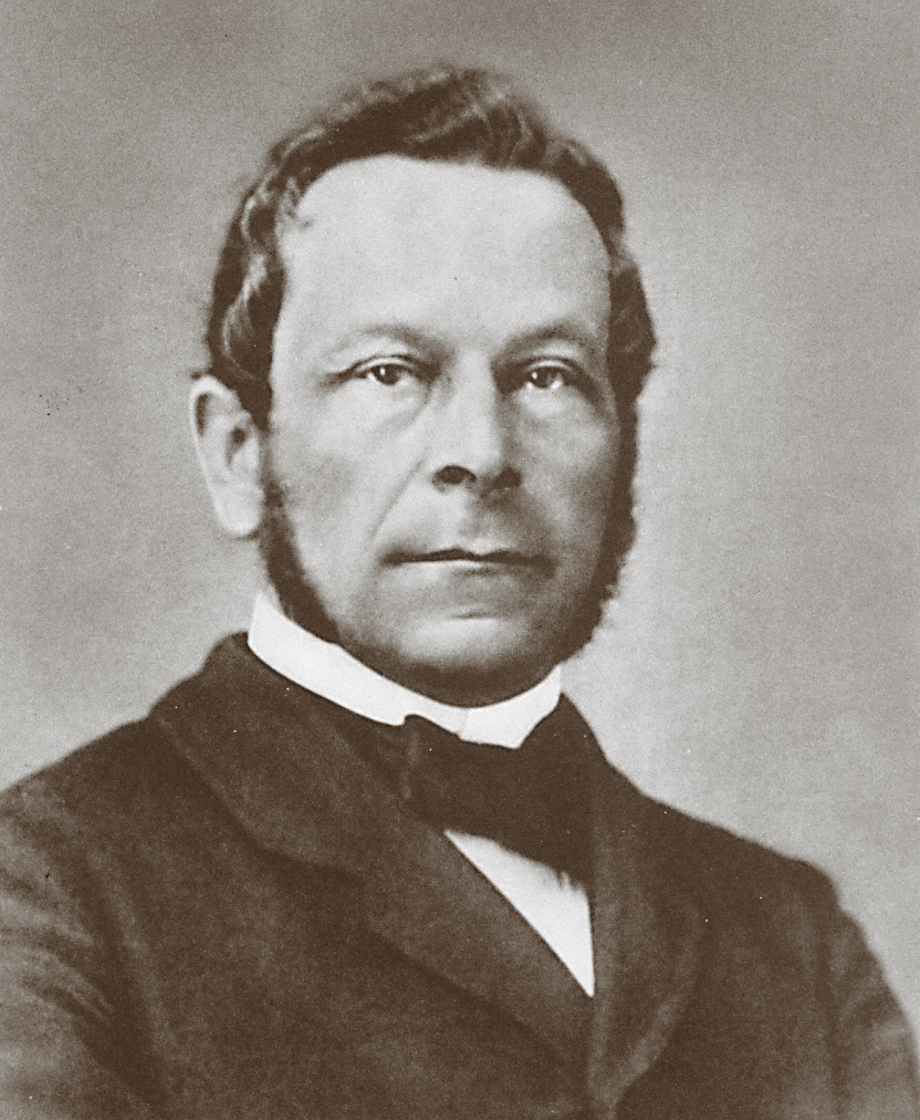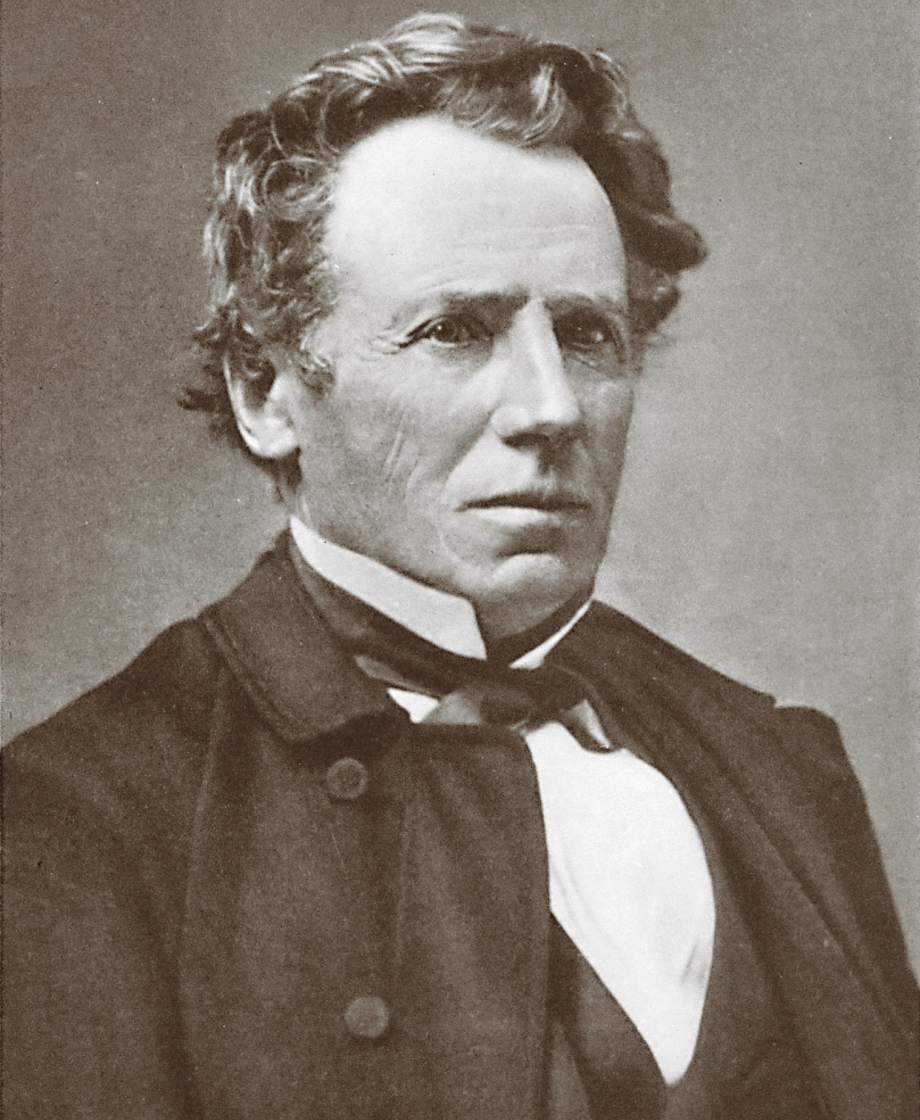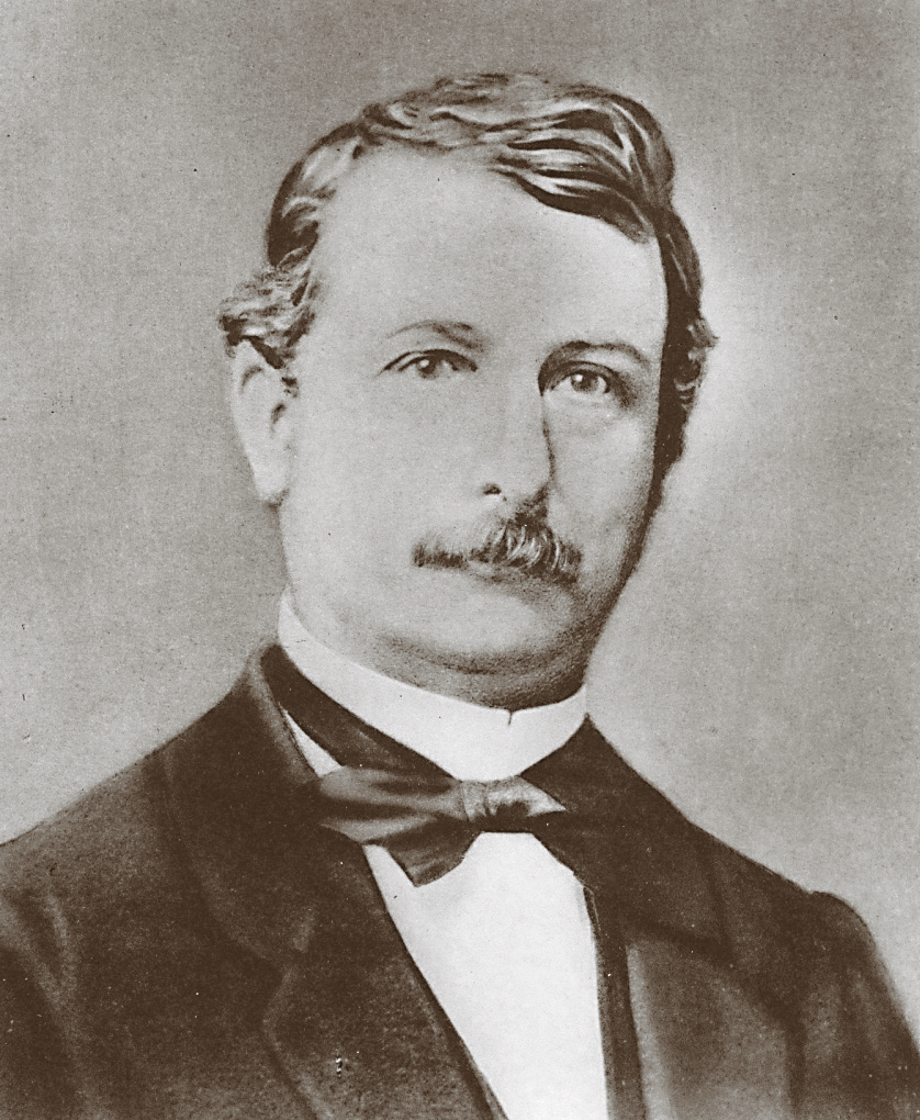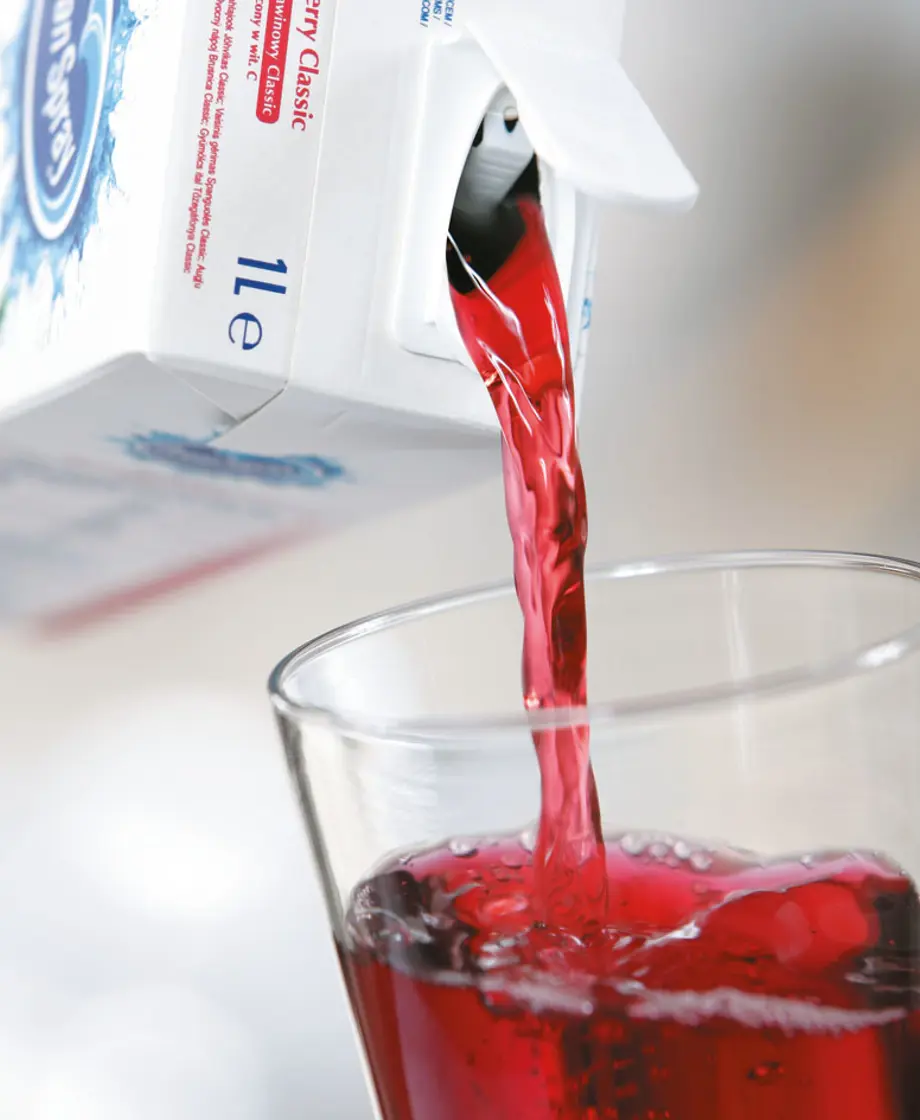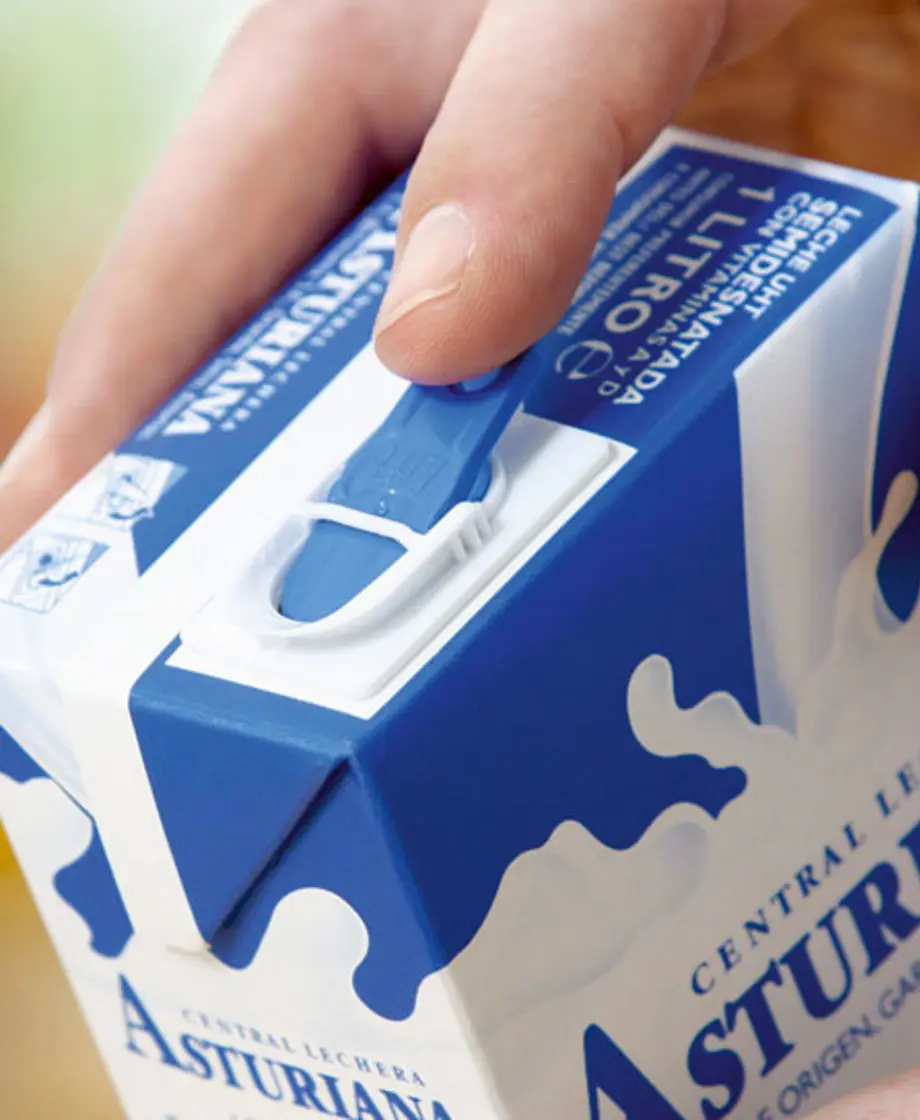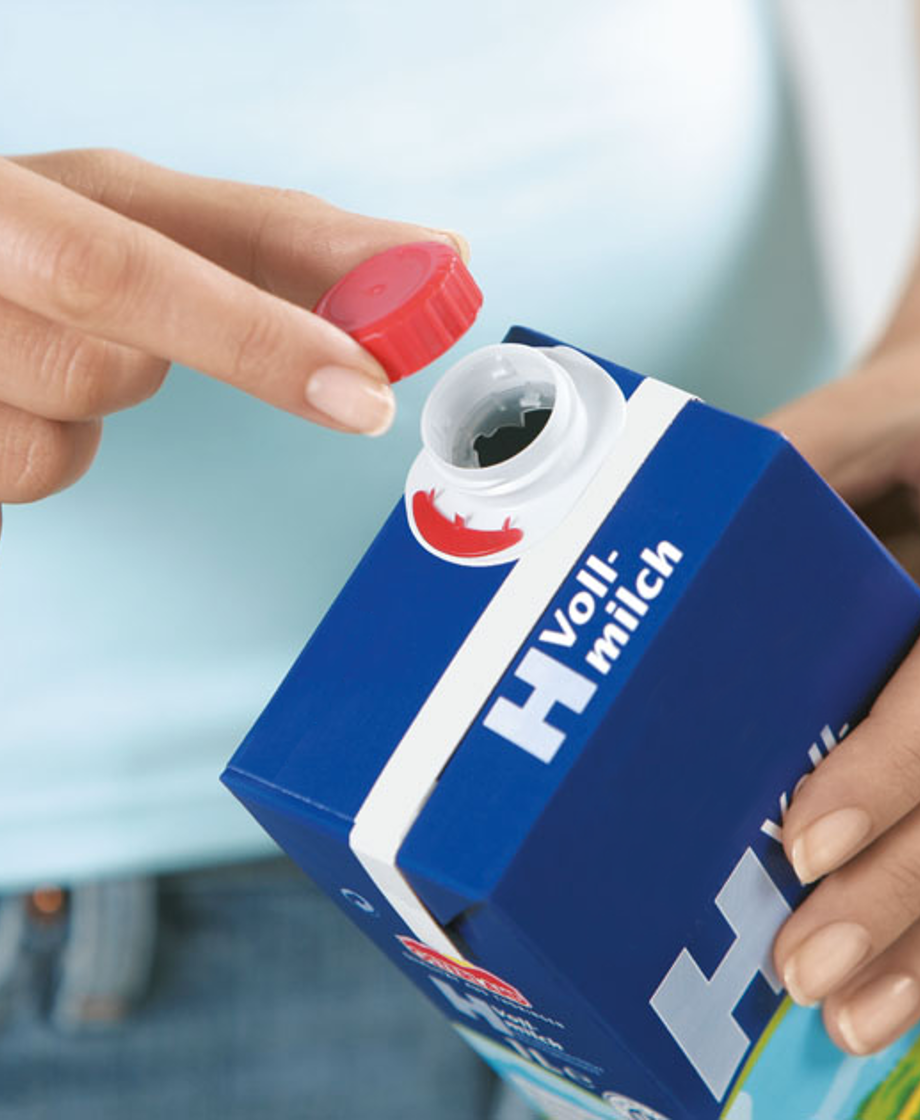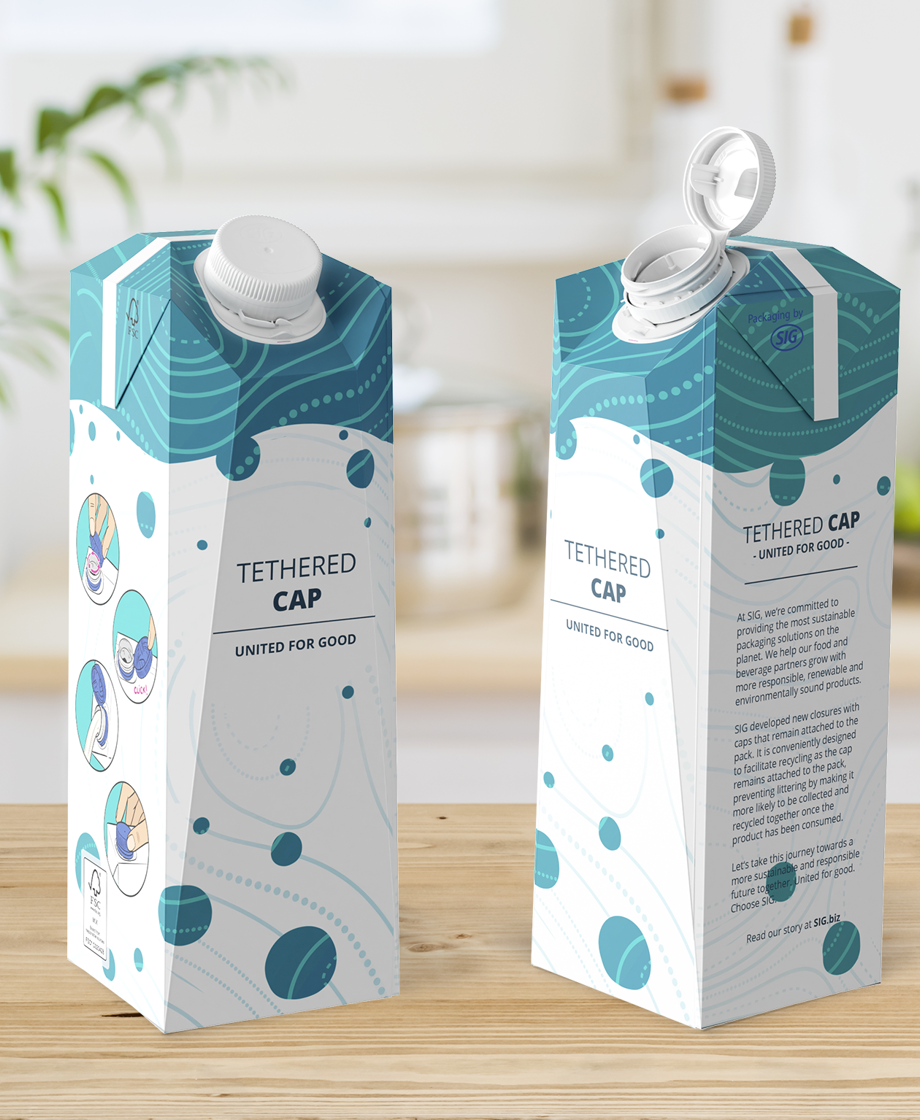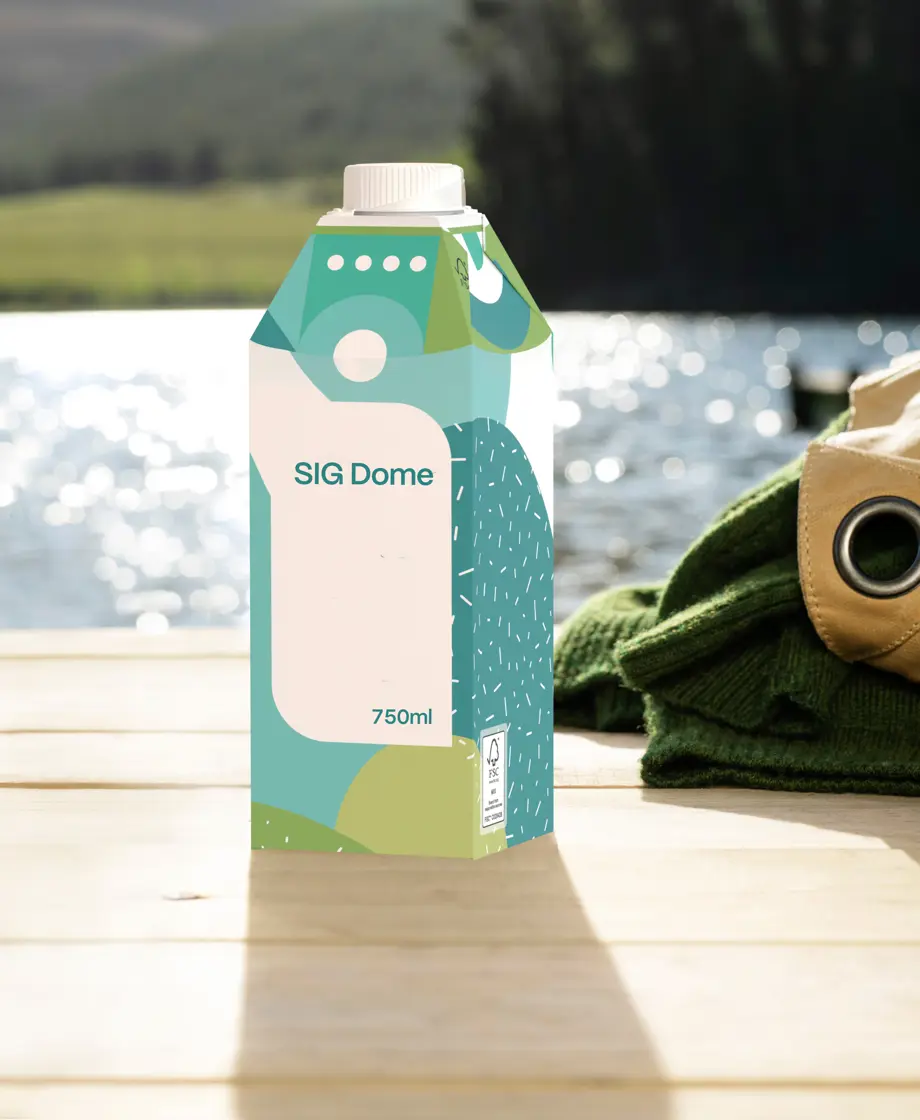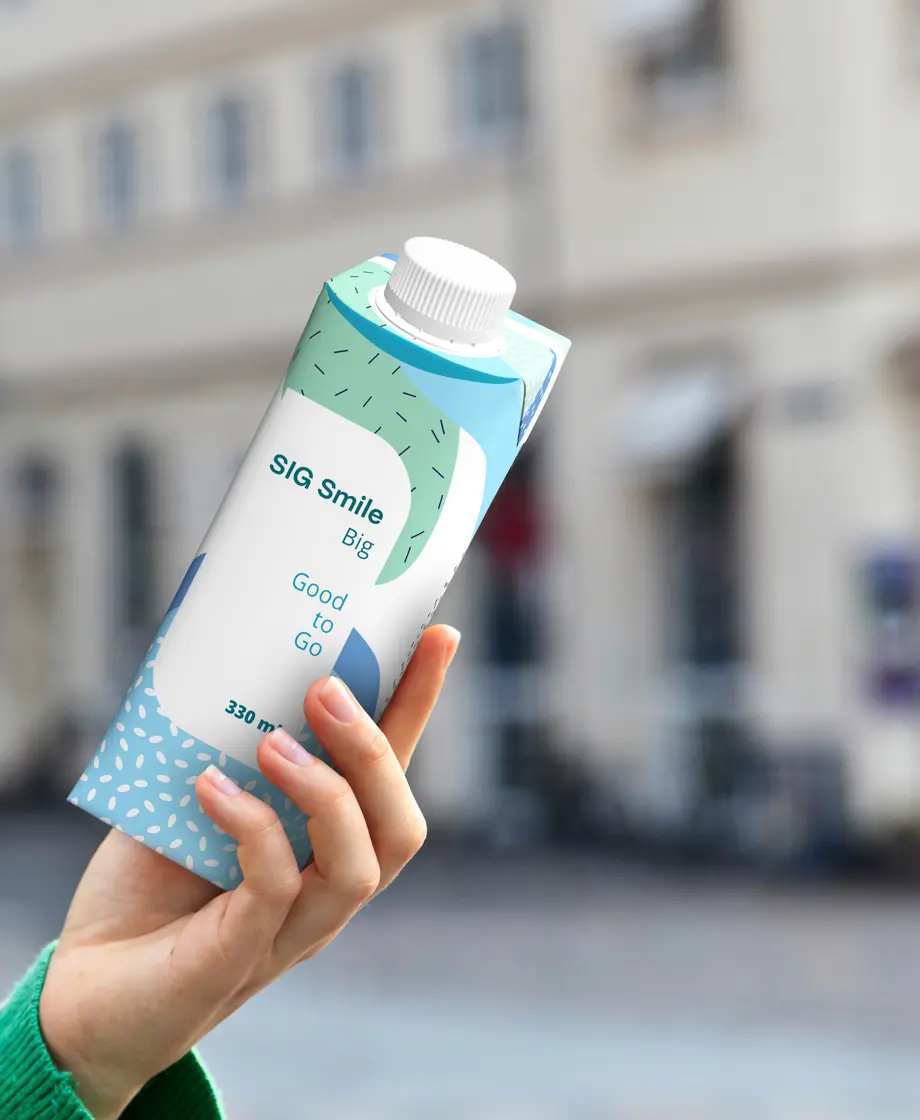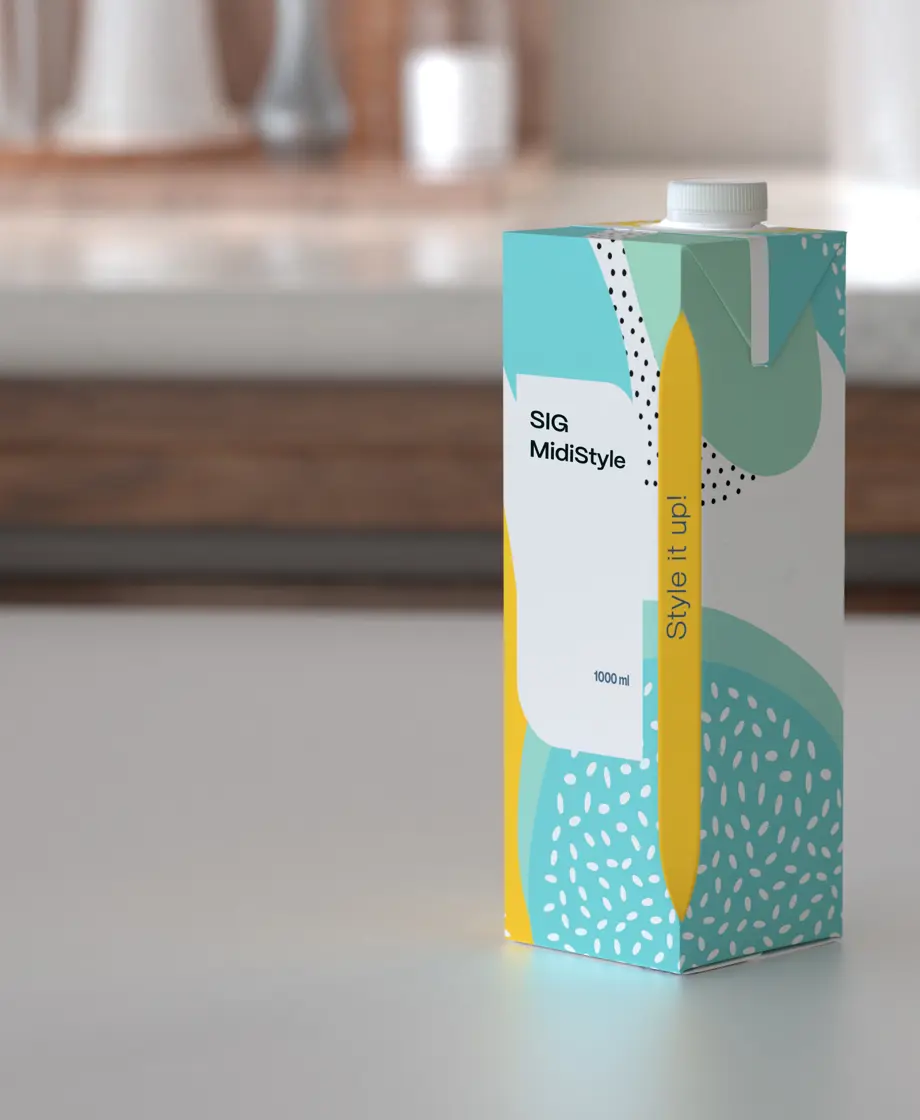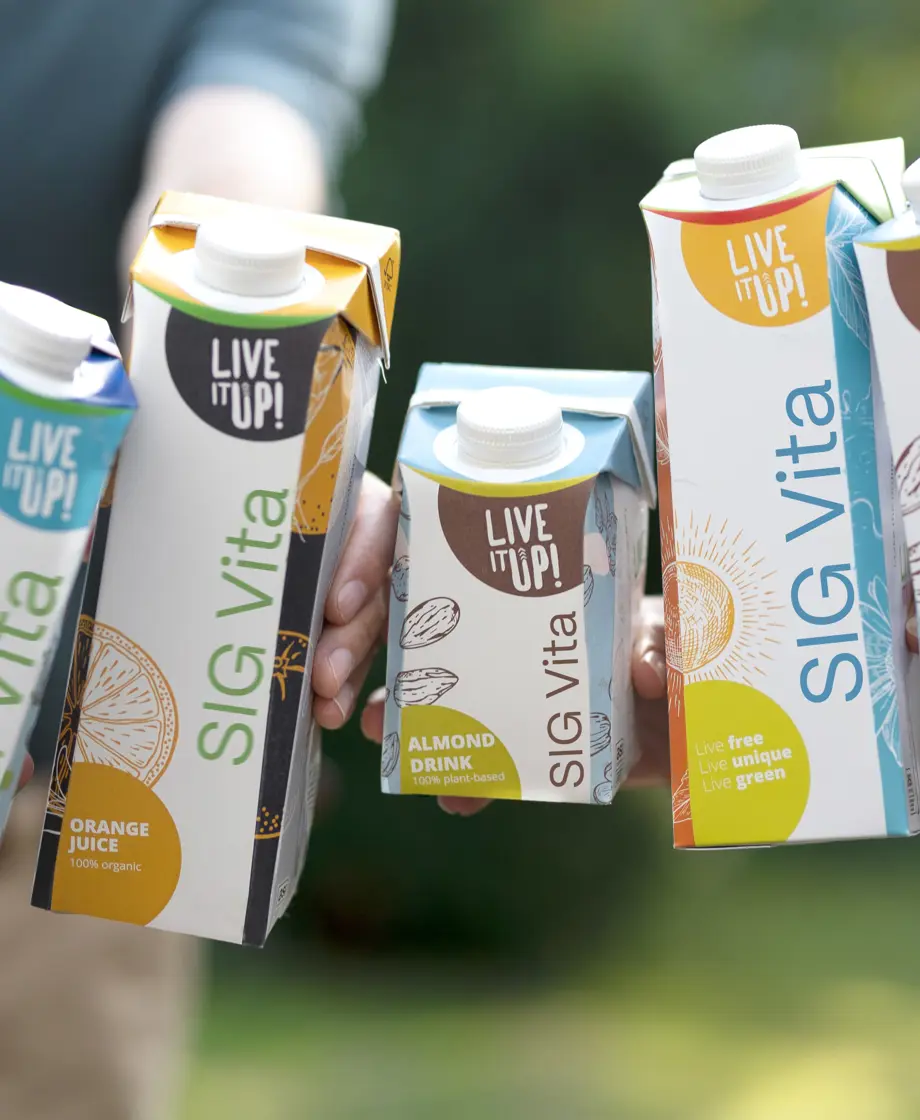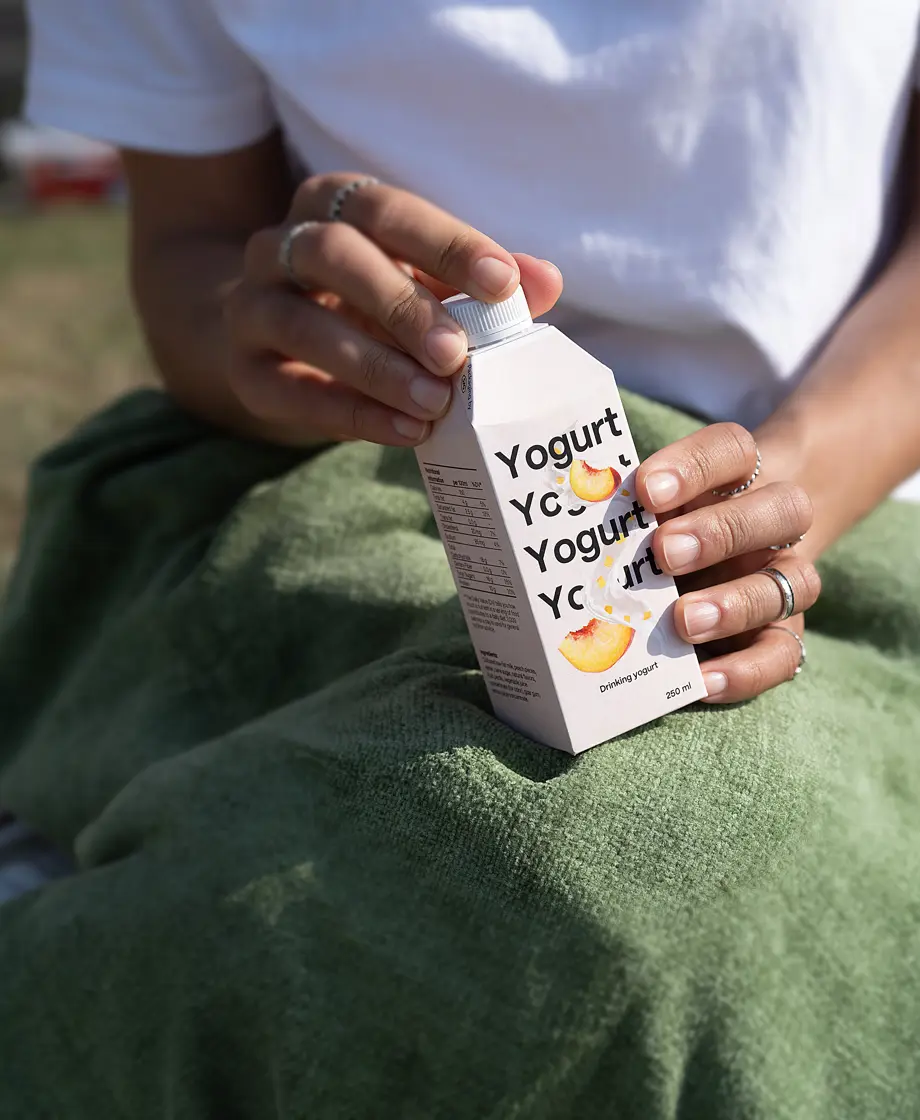The founders of SIG
Renewable energy from the beginning
Choosing the Rhinefalls site for its abundance of renewable energy, the three pioneers set about harnessing hydraulic power to fuel their ambitions. Two turbines and a drive shaft transmitted power to the factory, modeling a first-of-its-kind mechanical power transmission.
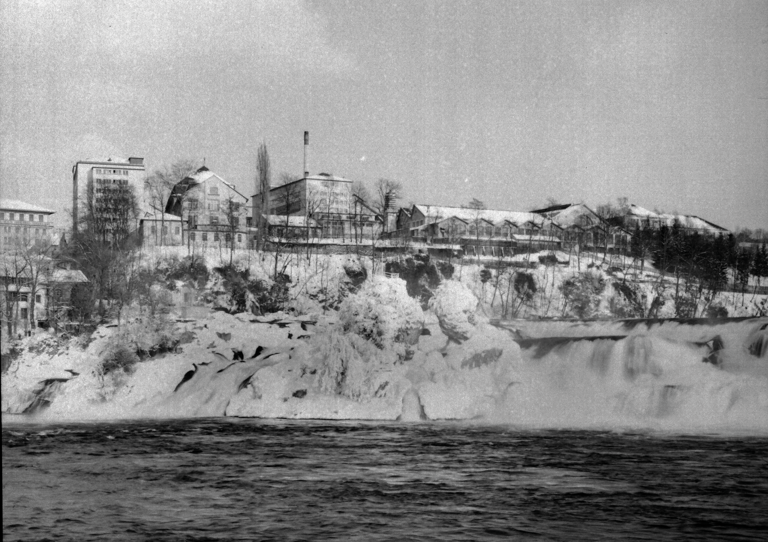
The journey of a lasting legacy in transportation
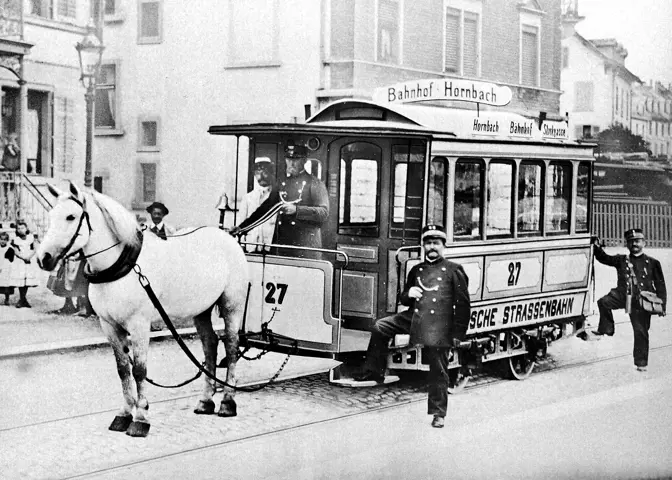
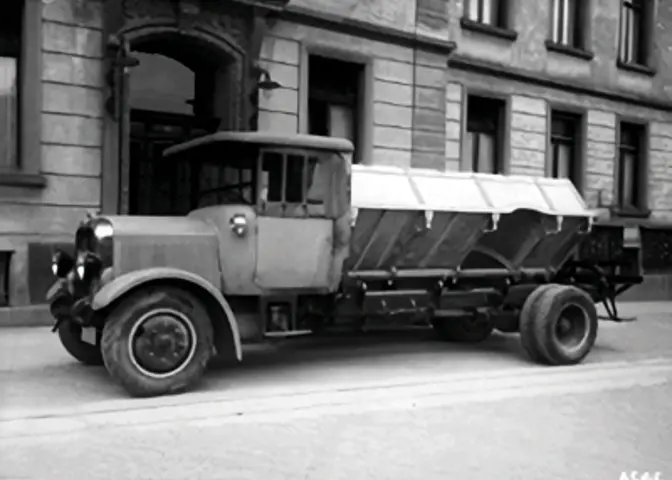
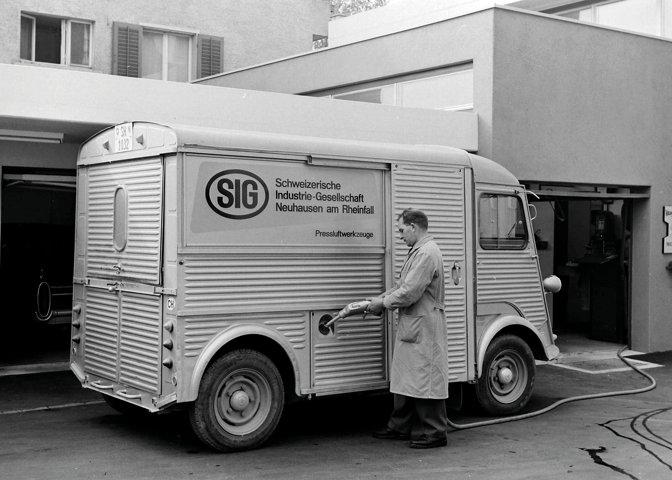
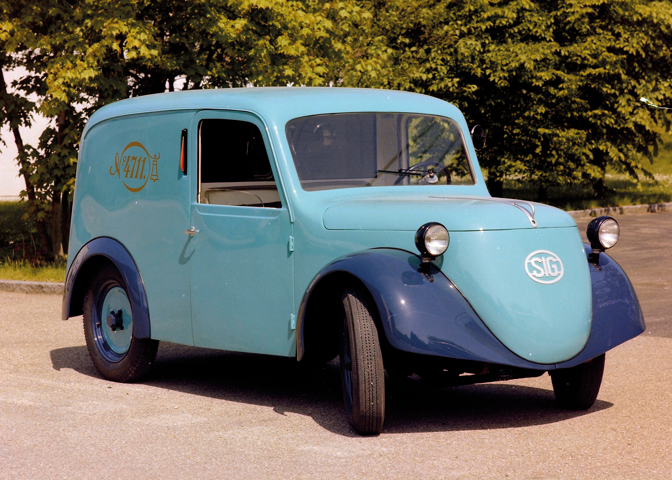
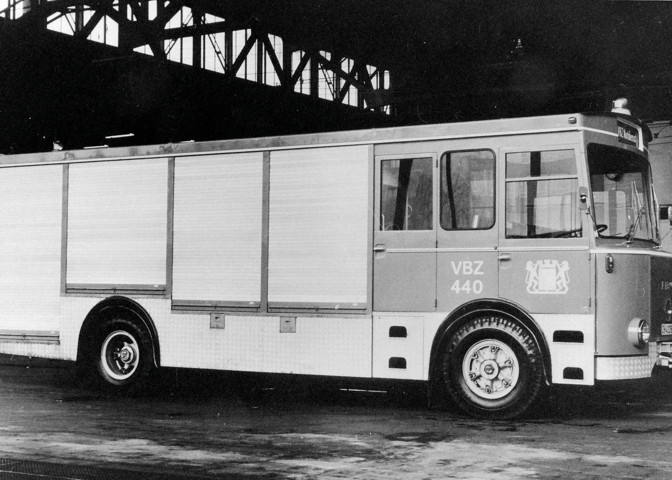
Where there was a machine, there was SIG
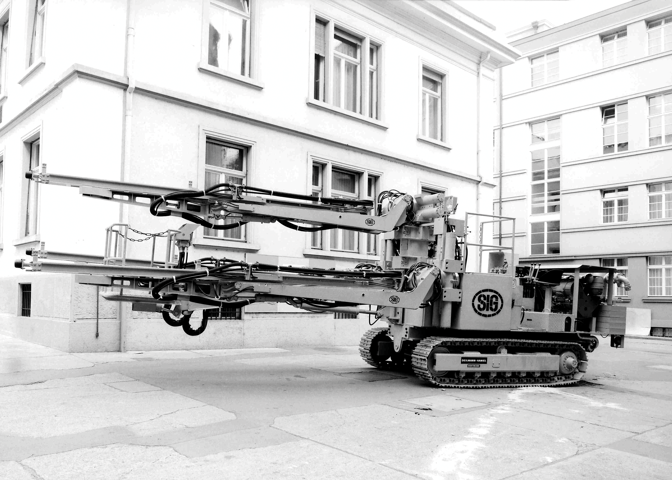
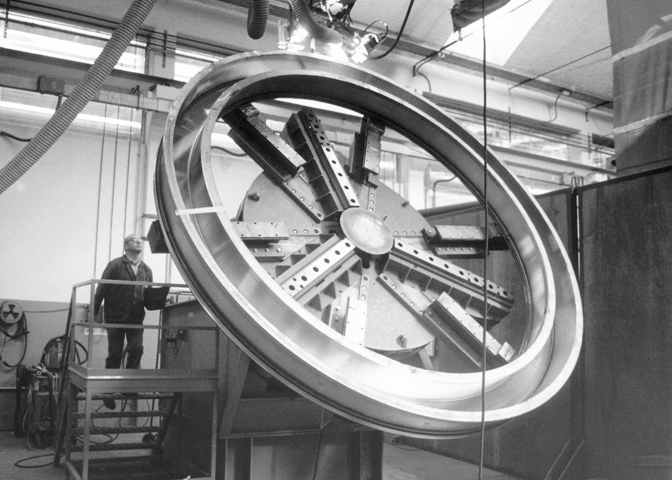
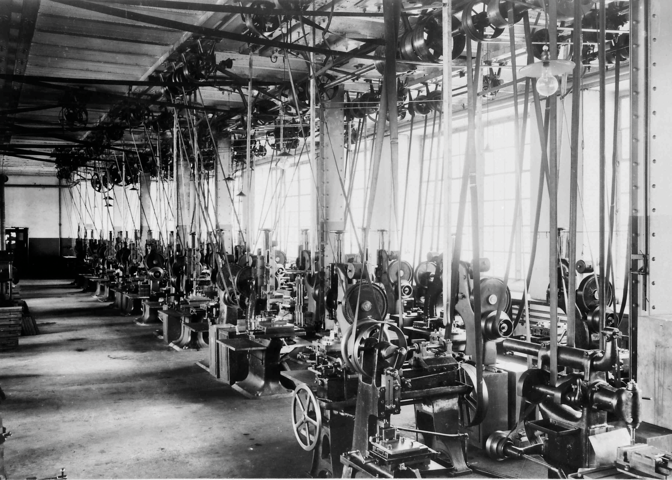
An enduring passion for packaging
SIG’s journey into packaging began at the turn of the 20th century. In 1906, SIG made the strategic decision to expand outside of the more volatile wagon building sector and diversify into packaging, which was considered more stable.
At the turn of the millennium, SIG focused entirely on the packaging business.
A decisive step was the entry into the beverage carton business with the acquisition of PKL Papier- und Klebstoffwerke Linnich in 1989, opening the liquid food packaging sector for SIG with products such as milk, juices, soups, and sauces. In 2022, SIG joined forces with Scholle IPN, which added bag-in-box and spouted pouches to its portfolio. Also in 2022, SIG acquired the chilled carton business of Pactiv Evergreen Inc. in the Asia-Pacific region.
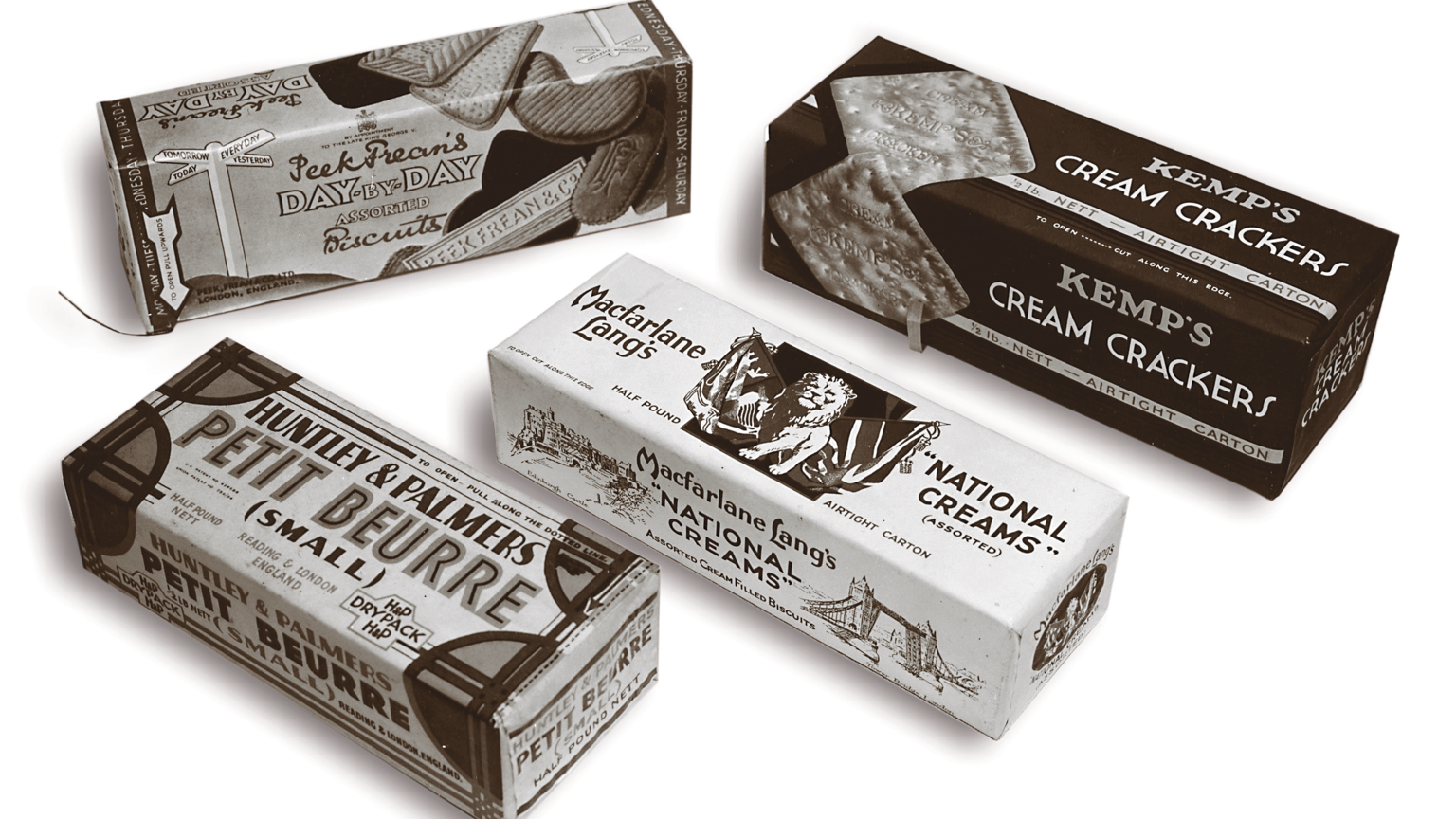
The birth of the European beverage carton
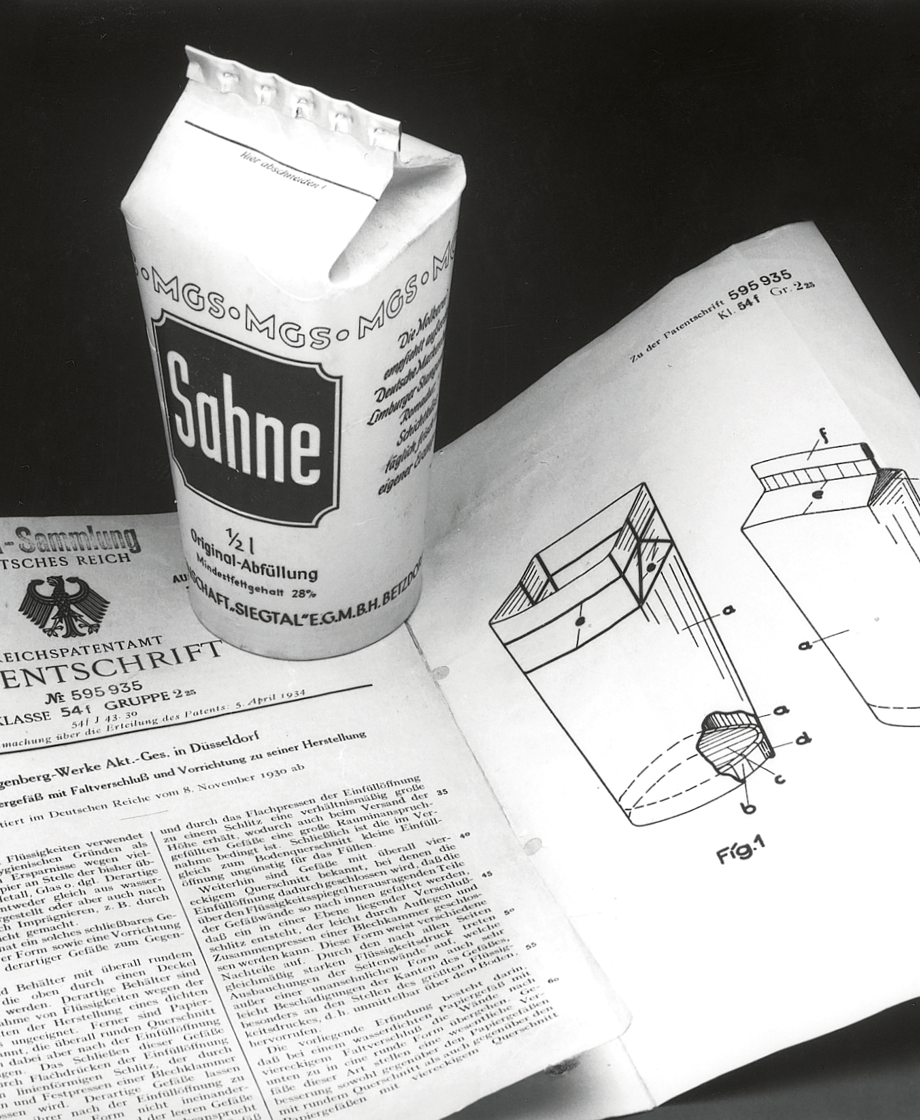
SIG cartons can be traced back to the first European beverage carton engineered by the Jagenberg family in 1930. Inspired by American counterparts, Günter Meyer-Jagenberg created Perga, a leakproof folding box that marked the dawn of European packaging technology.
A sign of the times
Packaging is spurred on by changes in the society and sometimes it is the other way round. When bag-in-box made an appearance in the 1950s, it brought about a new way for milk to be stored and consumed, and the popularity of the packaging format extended to other products in the next decades. Shelfstable aseptic packaging revolutionized how people shopped, ate, and drank, reducing dependencies on refrigeration.
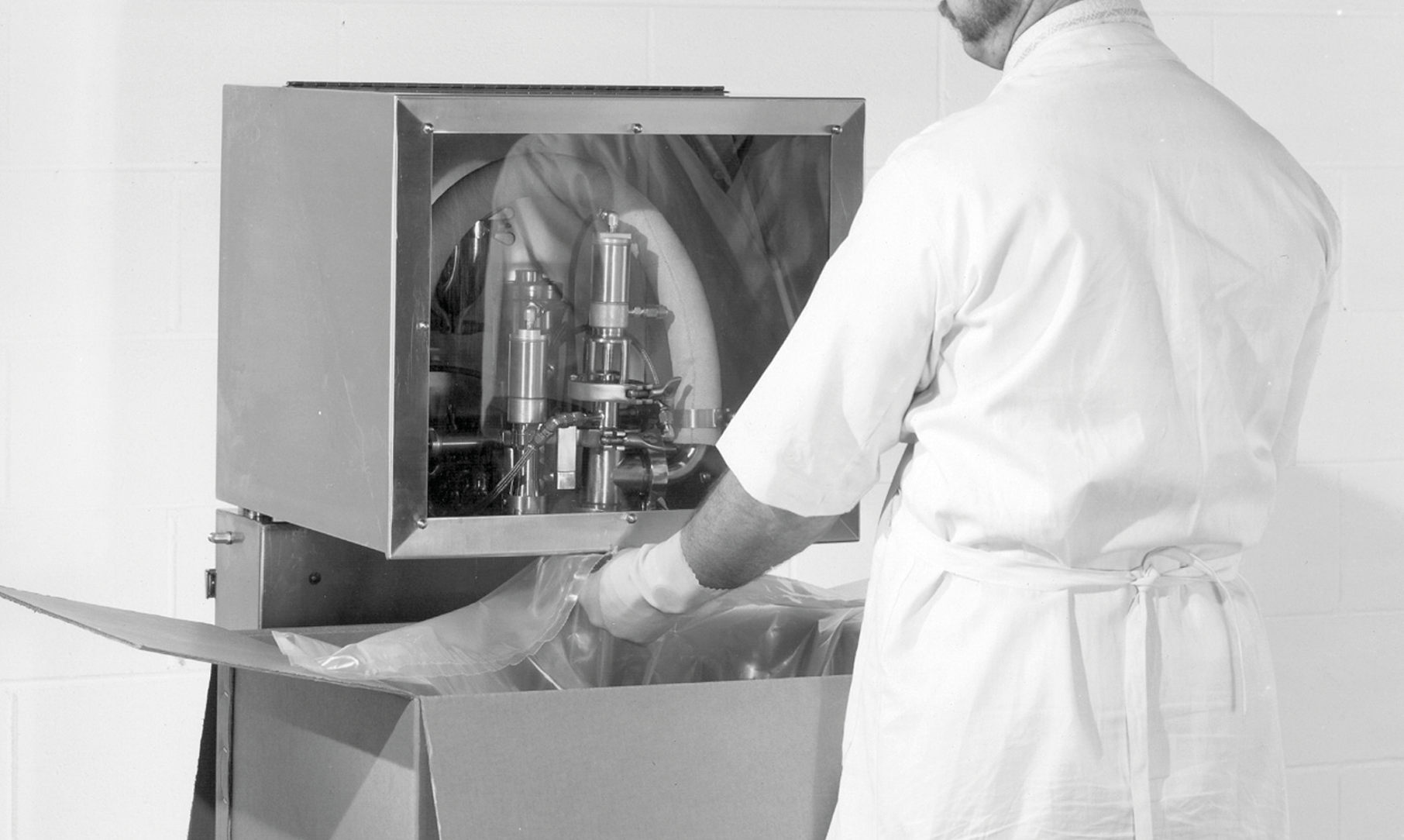
SIG packaging innovations
1906
SIG’s packaging journey began with the first machines packing chocolate.
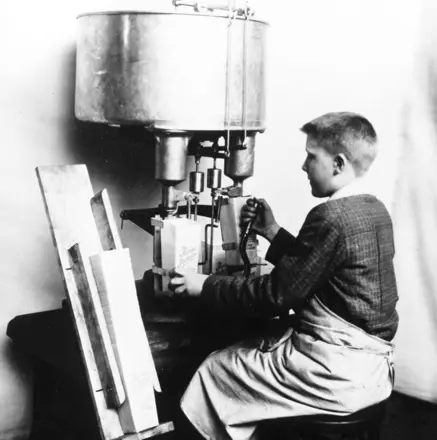
1930
The first beverage carton and filling machine is launched in Europe by Jagenberg.

1955
The invention of our bag-in-box packaging format revolutionized distribution and storage of liquids.

1964
The world’s first automatic bag-in-box filling equipment was introduced and an updated design to use with wine allowed for up to a 68% reduction in CO2 through the life of the package

1970
We delivered the first bulk aseptic bags and equipment to the fruit processing industry
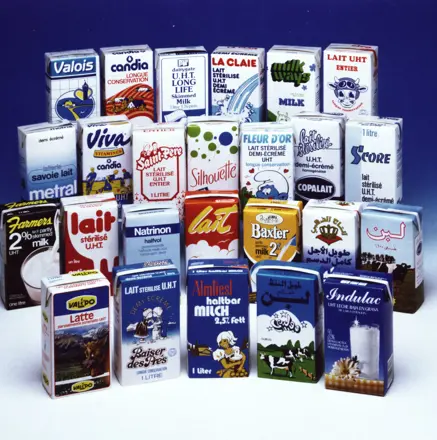
1975
Our groundbreaking packaging system for aseptic carton filling, combibloc aseptic, is presented at the Interpack trade fair in Düsseldorf, Germany.

1980
We developed the first low-acid aseptic bag-in-box solution.
1990
For the first time we replaced the metalized film structure with clear barrier structures for our bag-in-box packaging solutions.
Convenience on top
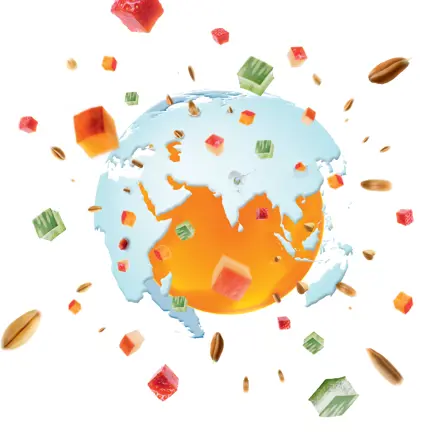
2009
SIG launched drinksplus – a carton package that allows the customer to add natural extras in it, such as real fruits, vegetables, or cereal grains.

2010
SIG introduced the world’s first aseptic carton without an aluminum barrier layer.

2017
We produced the first aseptic capable, pre-made spouted pouch.
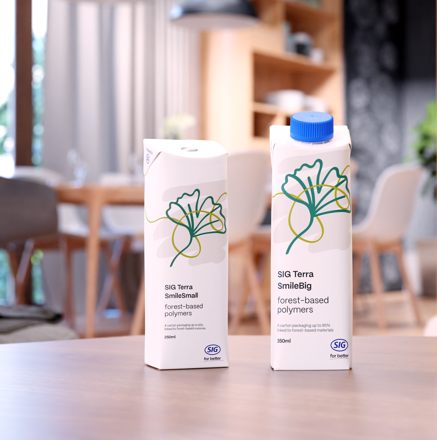
2017
We also launched the world’s first aseptic carton that is 100% linked to plant-based renewable materials.
2018
Another first, we also replaced the metalized film structure with clear barrier structures for our spouted pouch packaging solutions.
Latest packaging shapes
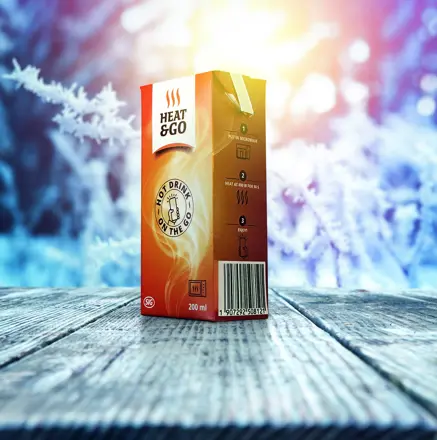
2018
Within our Heat&Go structure, the aluminium film is replaced with a high-barrier alternative that allows drinks to be microwaved without compromising protection or product quality.

2019
SIG introduces the world’s first paper straw for aseptic cartons.
2020
We launched the first ever fully recycle-ready film for pouch packaging.
2021
We created the world’s first circularly recyclable bag-in-box package recognized by the Association for Plastic Recyclers.
2022
We proudly added a fully recycle-ready spouted pouch to our ever expanding list of packaging options.

2022
SIG Terra Alu-free + Full Barrier is the world’s first aseptic carton packaging material without aluminum-layer but with a full barrier to oxygen, light, water vapor, and aroma.

